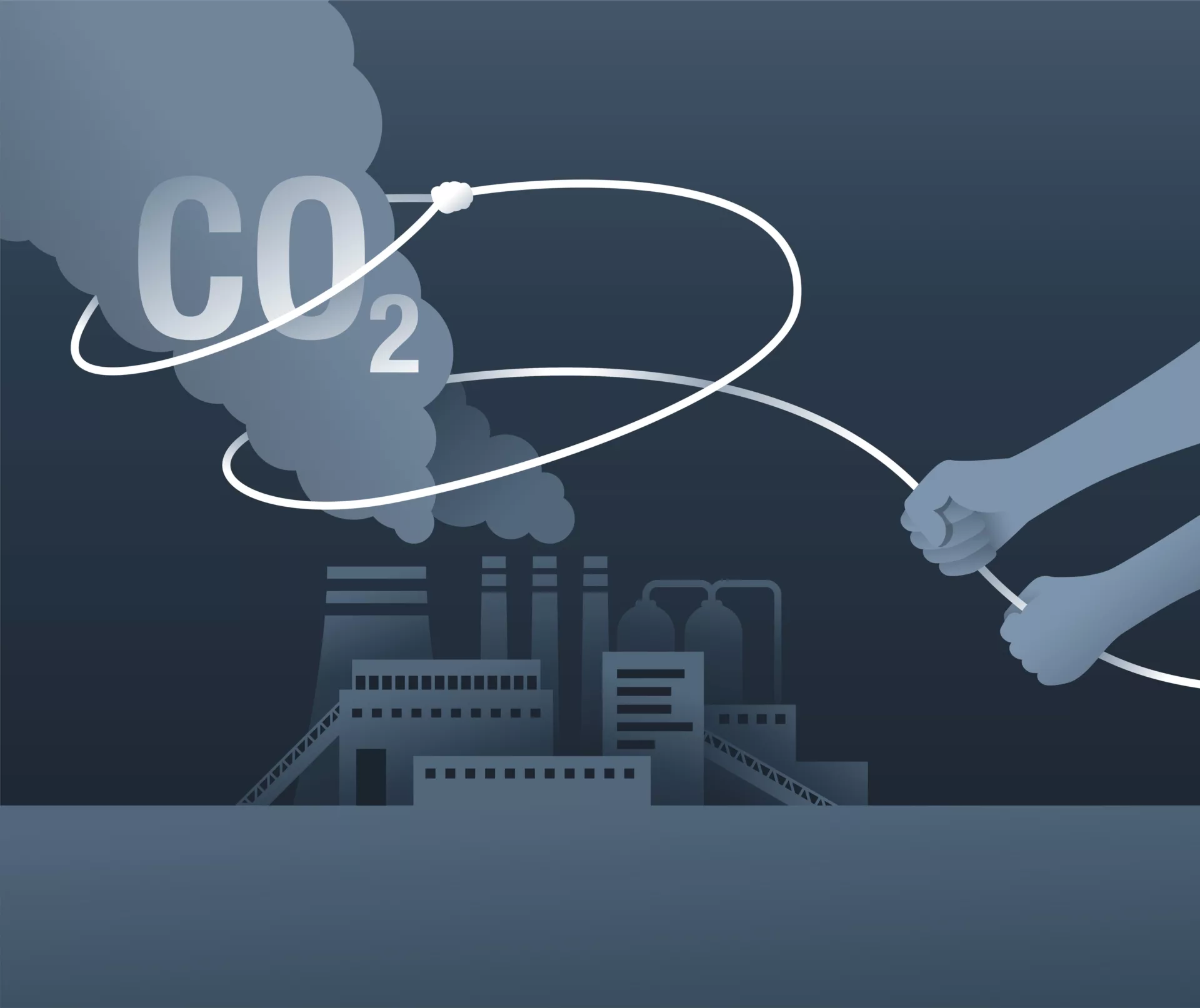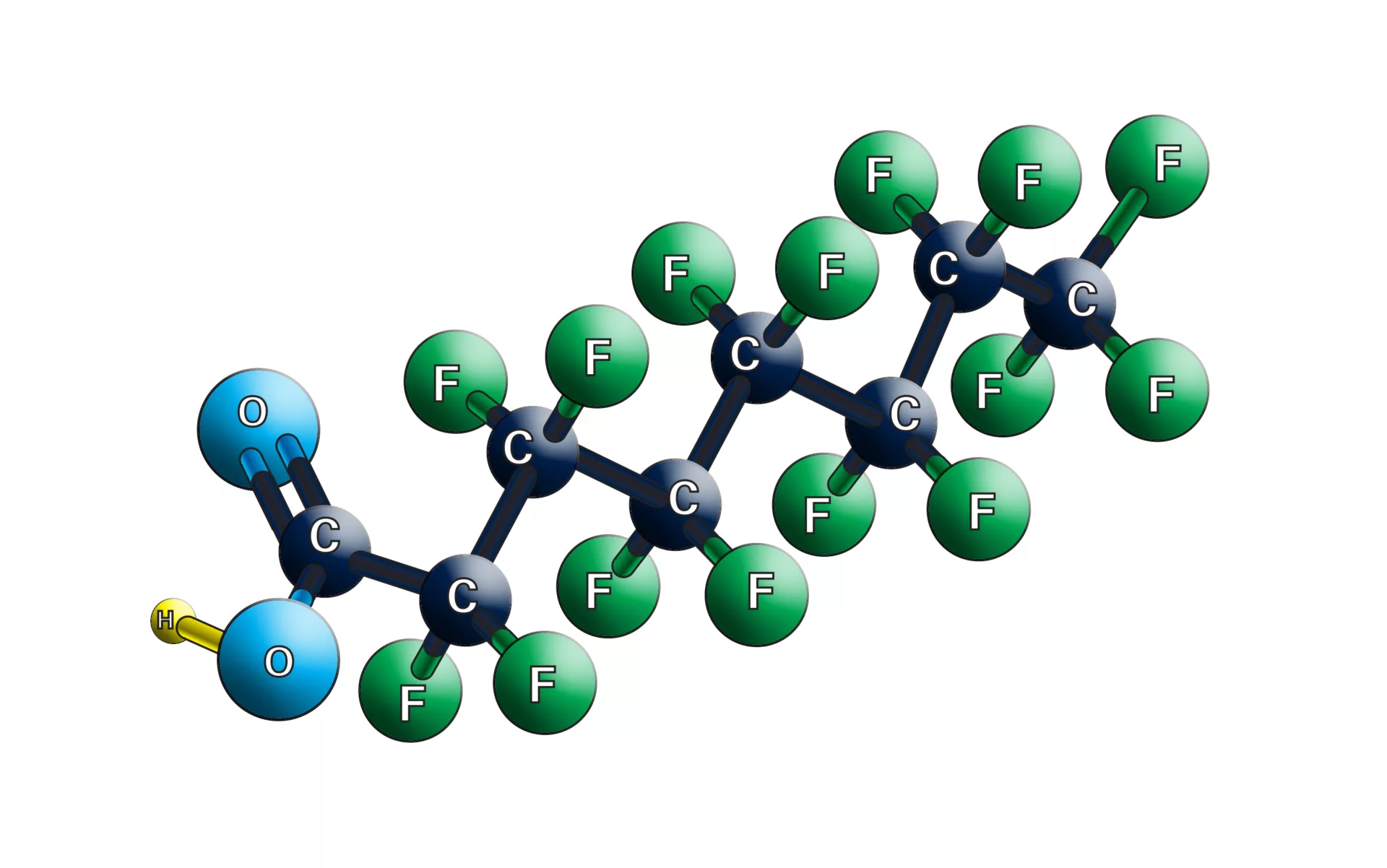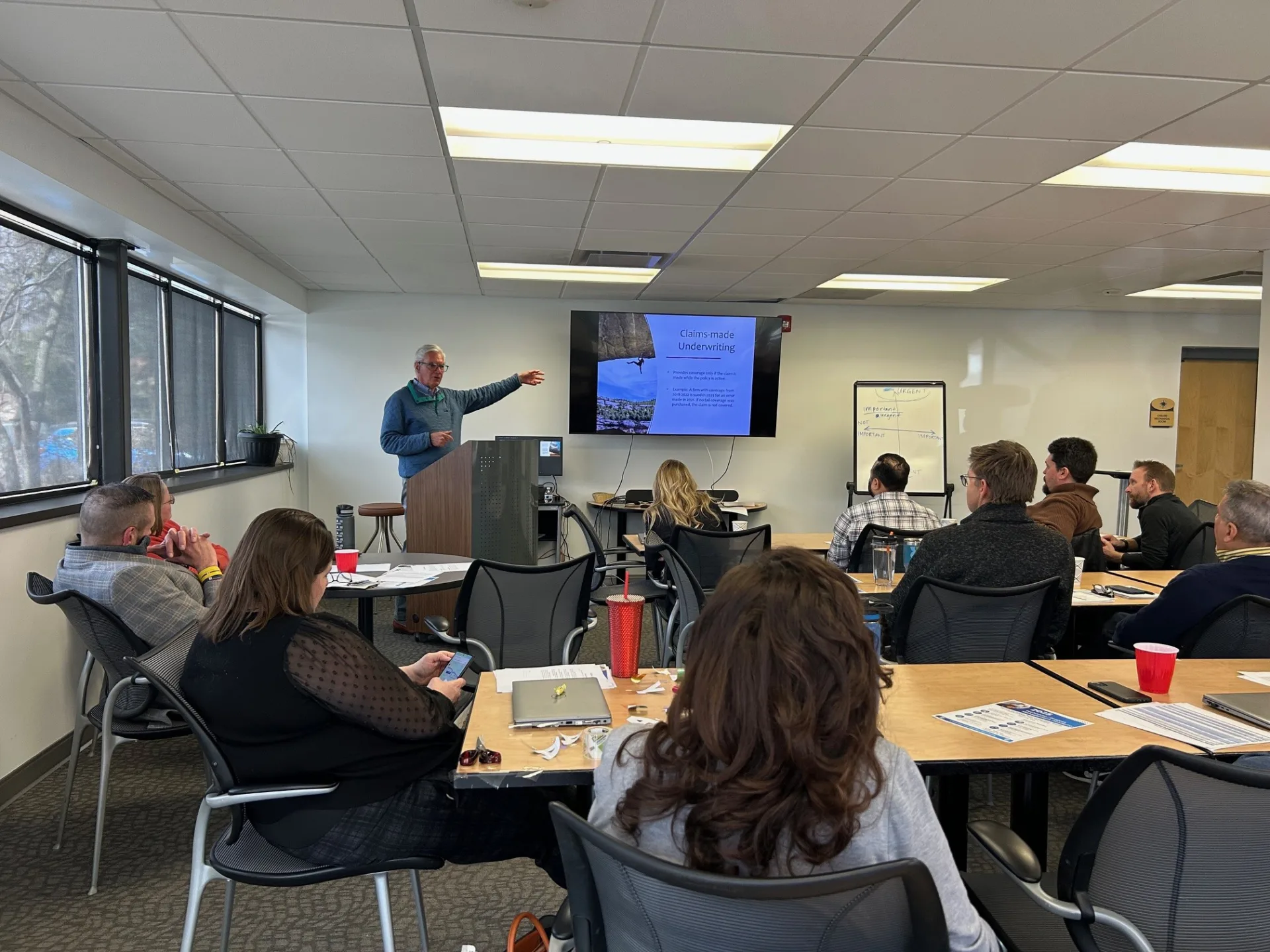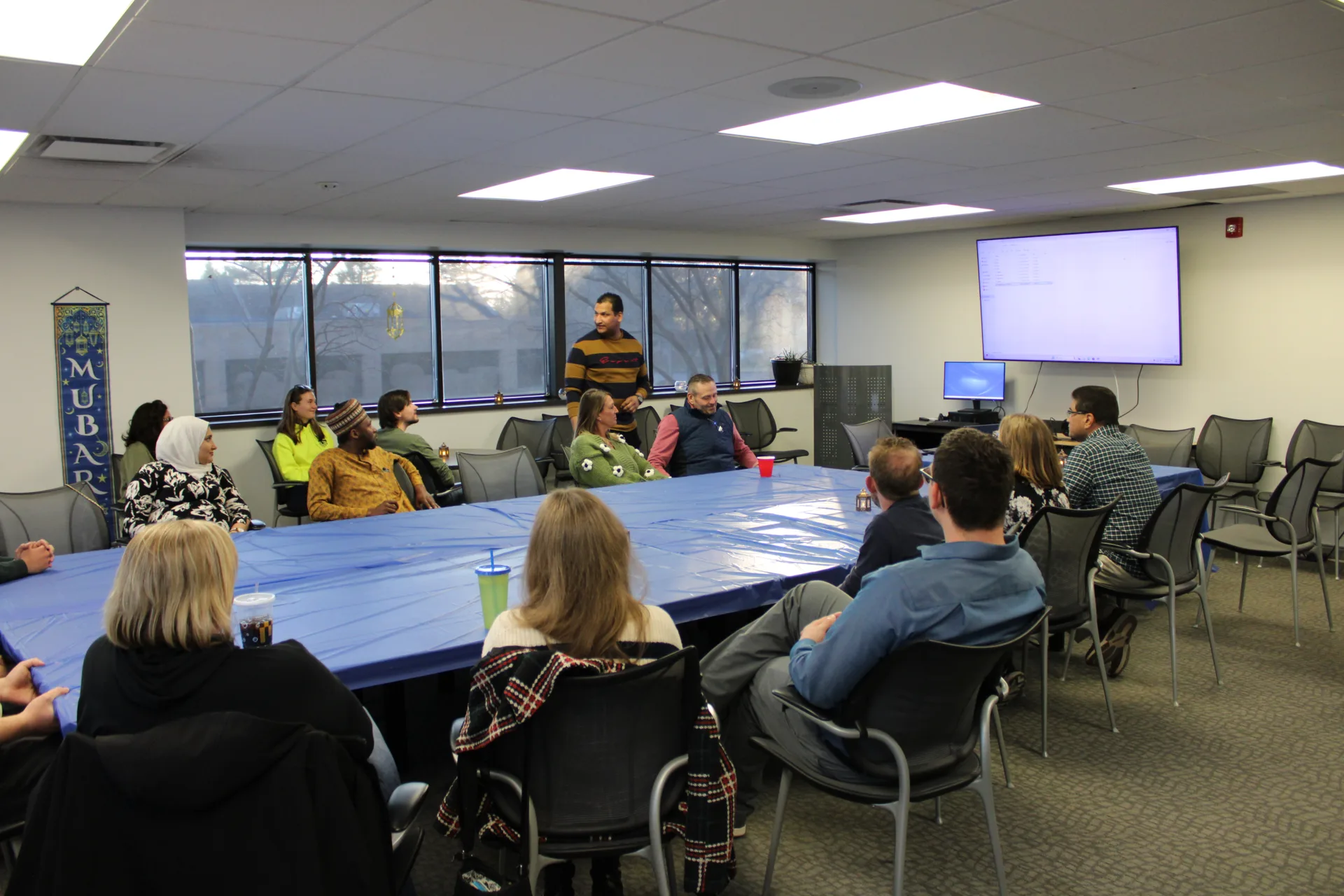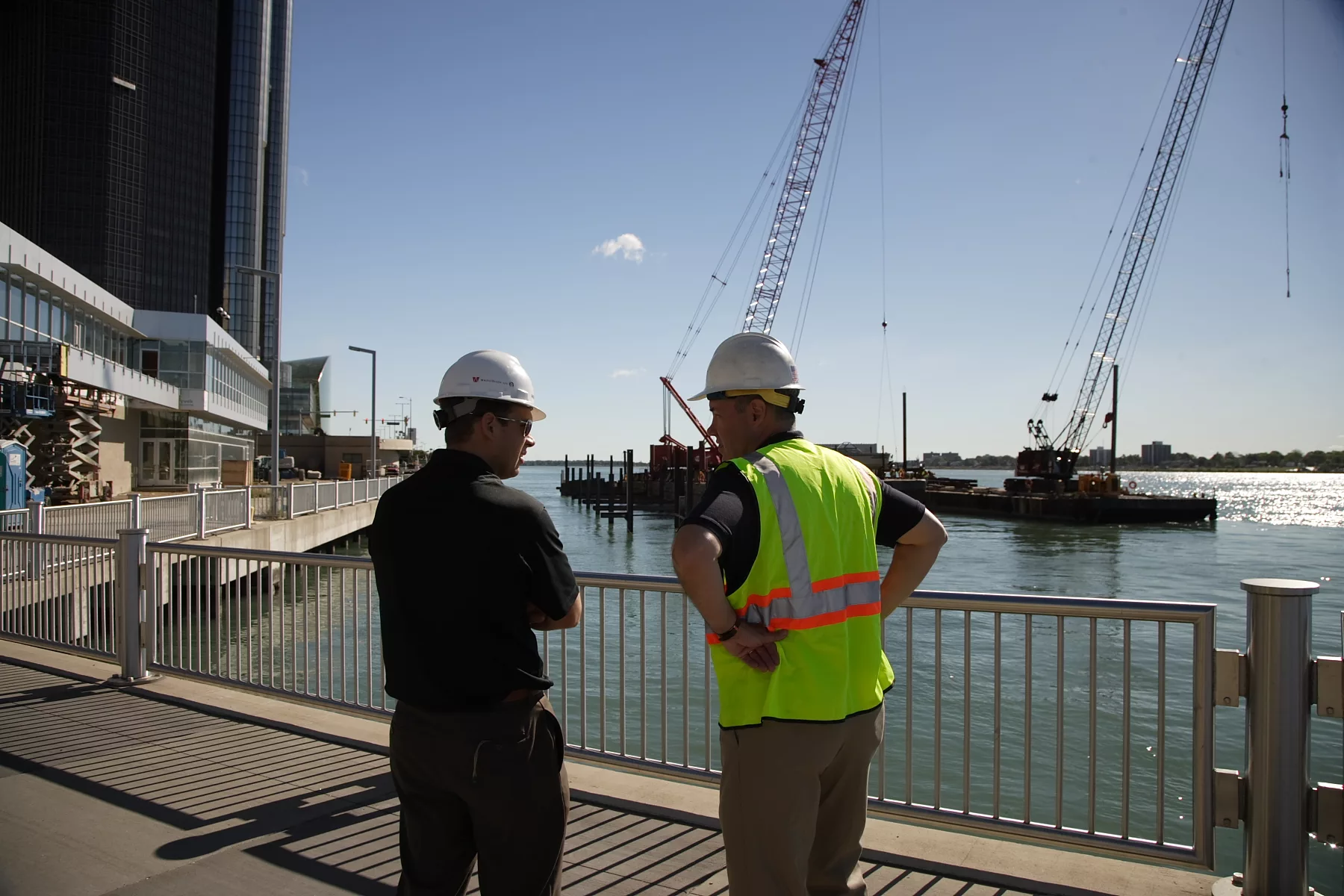This past April, U.S. EPA released final rules on carbon emissions from existing coal and new natural gas-fired power plants as part of a suite of power plant standards. Although EPA delayed finalizing GHG rules for existing gas turbine plants, EPA is actively working on a comprehensive rule package for GHGs, NOx, and air toxics for the entire fleet of new and existing natural gas-fired turbines.
In EPA’s final GHG rule, the agency specifies carbon capture and storage/sequestration (CCS or CCUS) as the best system of emissions reduction for existing coal and new baseload natural gas power plants.
In its final rule, EPA designates CCS as “an available and cost-reasonable” control technology, citing several factors, namely technological advancements and heavy tax incentives from IRA and IIJA to offset the significant costs of deployment. EPA also considers electric grid reliability and resource adequacy concerns expressed during the draft rule. EPA’s aggressive compliance deadline for CCS of 2032 includes an optional 1-year extension and short-term allowances for acute operational emergencies when the grid may be under heavy strain. This may not be enough to settle many electric providers’ concerns regarding reliability and affordability of compliance, as opponents pushing for a stay of the rule, state that the rule will force retirements, impose enormous compliance costs, and slash reliability across the country.
EPA also considers environmental justice and community engagement as required by Executive Order 14096. In addressing potential environmental, health, and safety concerns with CCS, EPA recognizes multiple federal agencies with responsibility for regulating and permitting CCS projects, as well as air quality impacts on local communities already governed by NSR permitting.
Although the rule provides additional regulatory certainty to long-term capital investment strategies, the federal funding mechanisms coupled with pending shutdowns and growing demand for electricity has centralized discussion around CCS as it relates to energy resiliency and a decarbonized future. Watch our recorded webinar “Has CCUS reached the Tipping Point?” to learn more about CCUS technology and deployment in Michigan.

